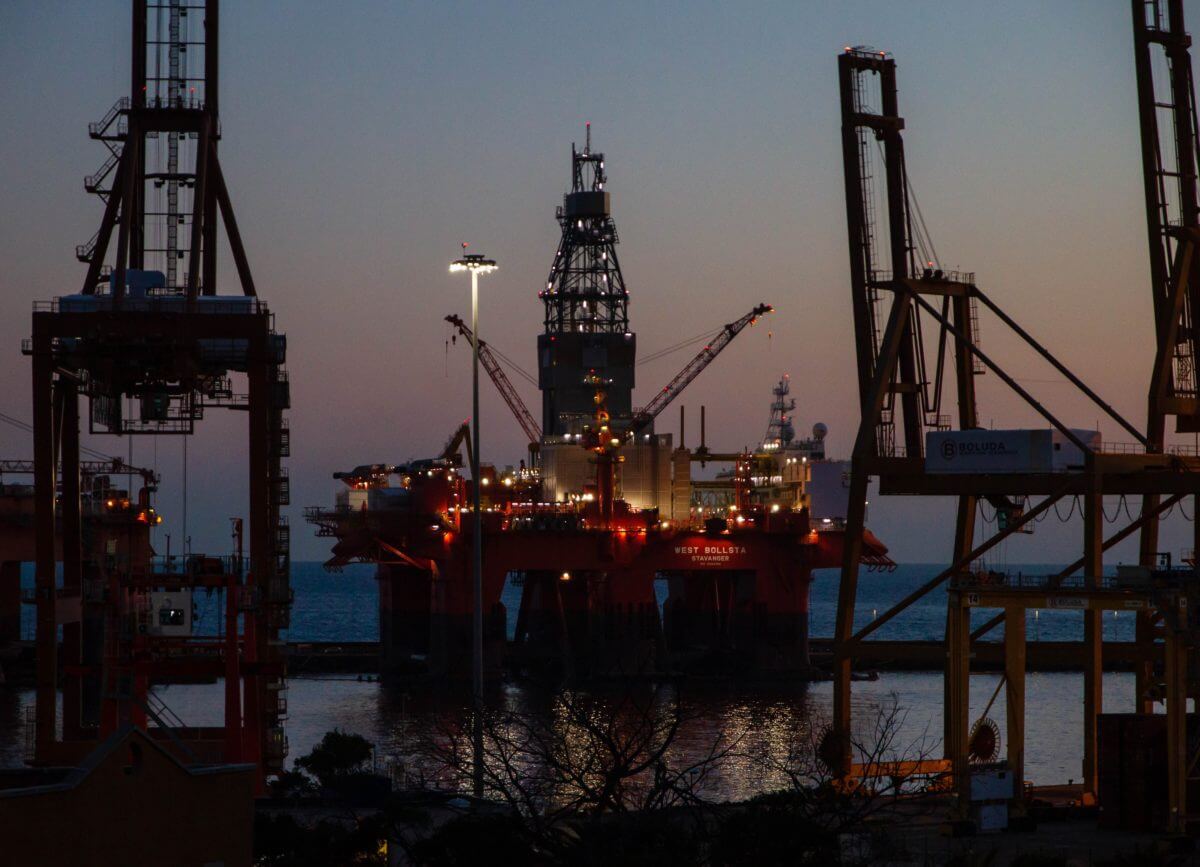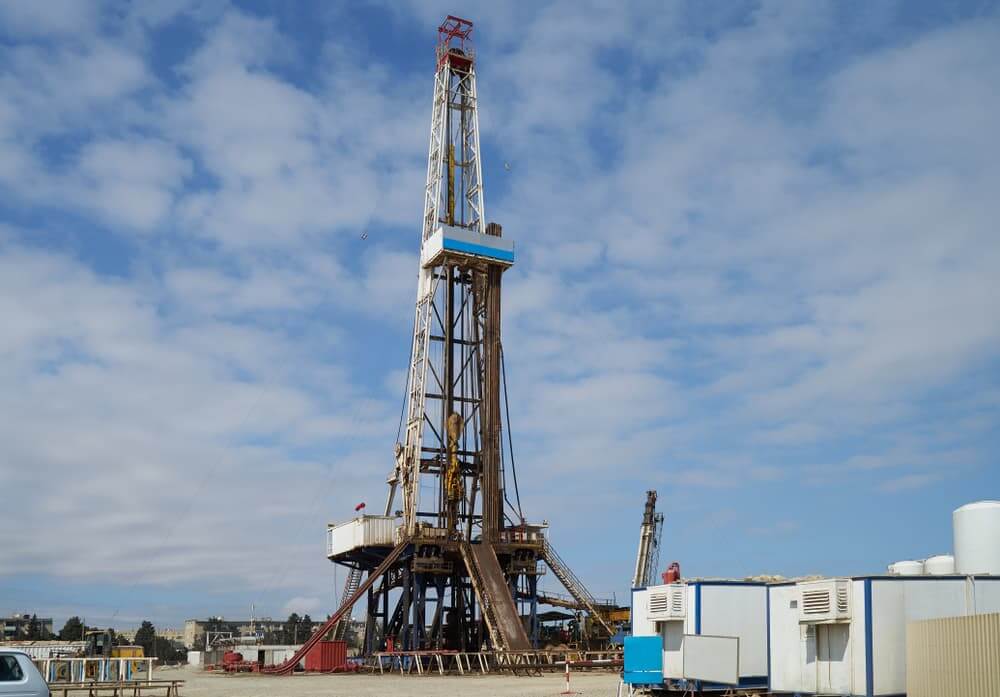
Oil prices rose in early Asian trade
Early on Wednesday in Asian trading, oil prices increased as industry data revealed a larger-than-anticipated reduction in U.S. crude stockpiles.
By 67 cents or 0.7 percent, U.S. West Texas Intermediate (WTI) crude increased to $95.65 a barrel.
The price of Brent crude futures increased by 33 cents, or 0.3%, to $104.73 a barrel.
The American Petroleum Institute, an industry body, said that U.S. oil stocks dropped by 4 million barrels last week after settlement on Tuesday. Economists predicted a fall of 1 million barrels, four times that amount.
According to API data, gasoline inventories decreased by 1.1 million barrels compared to forecasts for an increase of 3.5 million barrels.
Later on Wednesday, the Energy Information Administration of the U.S. government releases its weekly oil report.
Expect a tighter gas supply in Europe starting on Wednesday after Russia’s Gazprom announced it would reduce flows via the Nord Stream 1 pipeline to Germany to a fifth capacity, helping push prices higher.
After reaching compromise agreements to cap cutbacks for some countries, the European Union’s member states approved a feeble emergency demand-reduction plan on Tuesday.

High oil prices spark a new wave of exploration
When the energy crisis reached a bottom two years ago, highly indebted American oil and gas companies immediately adjusted their strategy, instituting stricter cost controls and scaling back on costly drilling initiatives. Fortunately for them, the good times have returned, with high oil and gas prices helping to strengthen their balance sheets significantly.
Previously, there were concerns that OFS behemoths such as Schlumberger, Halliburton (NYSE: HAL), and Baker Hughes (NASDAQ: BKR) would be among the first casualties of the Ukraine crisis due to their sheer size and brand awareness. Indeed, Audun Martinsen, Rystad Energy’s head of energy services research, told the Financial Times that their smaller colleagues are more likely to remain under the radar because they do not actively utilize or export oil and natural resources. However, the most recent SLB data show these concerns were unjustified.
Global oil explorers are increasingly expanding their quest for petroleum and natural gas on land and at sea. In the sector’s most positive outlook, Schlumberger compared the current era to the heady days of 2008, when oilfield contractors posted some of their highest returns in history due to high energy prices.

The world’s biggest oil and gas companies are generating
The world’s largest oil and gas businesses are making more money than ever before while spending less.
BP, Shell, and TotalEnergies have vowed to become green firms over the next three decades, but they only invest a fraction of their resources in renewable energy.
With each anticipated to announce another set of record earnings in the coming week, bankers are wondering if they may be tempted to boost their transition strategy with a large acquisition.
However, the transactions are insignificant compared to the tens of billions required to secure a game-changing agreement with a “green energy major” such as Germany’s RWE or Denmark’s Orsted.
Such a bargain appeared almost impossible in the first year of the Covid-19 outbreak when oil prices plummeted, and the worth of renewables firms skyrocketed. Orsted’s market capitalization topped $70 billion in October 2020, while Shell’s went below $90 billion and BP’s dipped to $51 billion, its lowest level since 1997.
This year’s increase in oil and gas prices has helped Shell’s shares rise 30%, bringing its valuation back to over $185 billion. Orsted’s market capitalization is down to $46 billion, with its shares down around 3% since January.
The total has been the most active dealmaker among the supermajors. The French group invested nearly $6 billion in low-carbon projects between 2010 and 2020, the same amount as BP and Shell combined. Total’s low-carbon business is valued at $35 billion by investment bank RBC Capital Markets, compared to $24 billion by Shell and $12 billion by BP.




